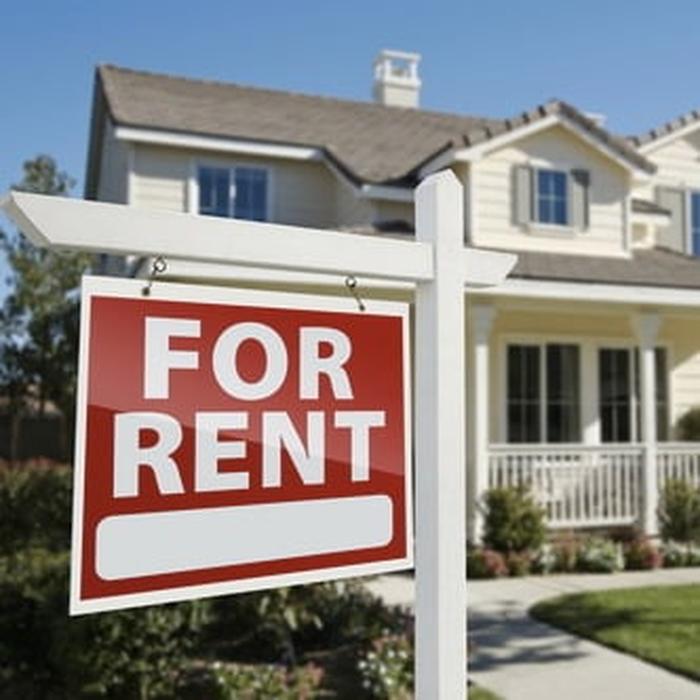
This article is from our friends at LearnVest, a leading site for women and their money.
The good news is the housing market is beginning to perk up. The bad news is some apartment rents are going through the roof.
Rents increased an average of 5.4% between June 2011 and June 2012, according to new findings by real estate website Trulia, and in cities such as San Francisco, Boston, Denver, and Miami, rental prices have jumped more than 10% over the past year.
A Reuters article reports that recent data from real estate research firm Reis shows rents increasing at the highest rate since 2007. The average asking rent is now $1,091 per month nationwide. In the most expensive market, New York City, that average is $2,935.
Ouch.
Today, we’ll take a look at some of the factors driving rents upward, and suggestions for how to handle this trend.
Why Rents Are Rising
Right now, there’s plenty of demand for rentals, and not enough vacancies. Here are three big reasons why:
While there’s all this demand, the supply of apartments hasn’t kept up. According to Reis, only about 38,000 new apartment units were built in 2011, the smallest number in more than 30 years. And the current apartment vacancy rate is just 4.7%, the lowest it’s been since 2001.
Should You Buy?
While rent prices are shooting up, housing price increases have been relatively flat: Trulia reports that asking prices on houses are up 1.7% compared to this time last year. As a result, it might be tempting to stop ponying up cash to a landlord and invest in a home of your own. Assuming you have enough funds for a down payment (ideally 20%) and a good credit score (probably 640 minimum, 720 or higher for better interest rates), consider these factors before going house-hunting:
How to Manage Higher Rents
If buying is not for you at the moment, here are some ways to deal with rising rents:
Rent Within Your Reach
There’s nothing worse than trying to pay for more home than you can afford. And in general, your rent should never be more than 30% of your net take-home pay. Why? Because it saps your ability to meet your other financial goals, like saving for retirement and building an emergency fund. Also, the stress of coming up short—or just squeaking by each month—can’t be overestimated. Do a quick calculation to see whether your current housing falls within these bounds. If not, you might want to seriously consider the next point—your ability to negotiate down your rent—or an option to seek out a cheaper living space.
Negotiate With Your Landlord
If you receive a rent increase you feel is unreasonable, sharpen your negotiating skills. If you pay your rent on time, don’t have loud parties and don’t hassle the landlord every time you find a chip in the paint, he or she is going to be more likely to want you to stay. Offer to agree to a longer lease term to keep rent increases down. Try to find comparable rentals with lower rents to politely bring to the attention to your landlord—a little reminder of the competition, coupled with the prospective hassle of filling a vacancy, might help you bargain for a better price.
Adjust Your Budget
Your essential expenses—what you pay for basics like rent, food, utilities and commuting—should take up no more than half your take-home pay. So if your rent goes up, you need to reduce what you spend on the other fundamentals. For instance, walking, biking or carpooling to work could trim transportation expenses; remembering to bring your lunch with you to work more often could significantly trim your food costs. If rent is still breaking your budget after you’ve overhauled your essential spending, you might consider finding a roommate to lower expenses.
Cut Your Costs
After adjusting your essential expenses, dig deeper and figure out what other costs you can cut. Daily outdoor runs might be a nice change of pace from a gym membership. A handmade scrapbook for a friend’s birthday could be a much more thoughtful and lasting gift than just another scarf or handbag. Check out our online Cut Your Costs Bootcamp for more ideas.
If rents keep going up—and right now, that’s the forecast—more people may decide to buy, reducing demand and resetting rental prices. In the meantime, stay on track with your financial goals by finding ways to manage this big monthly expense.
More from LearnVest: